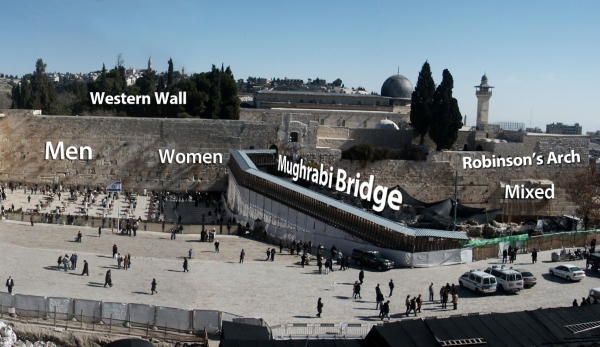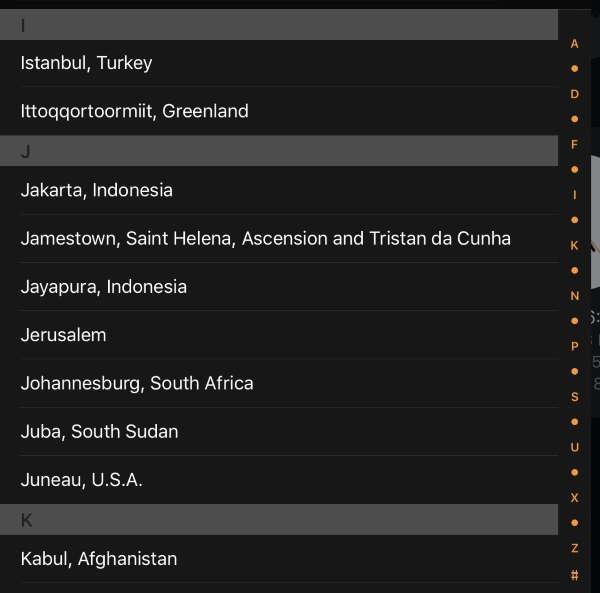An elephant in the room is missing here:
The High Court of Justice on Tuesday rejected a petition that sought the demolition of the homes of the Jewish killers of East Jerusalem teen Mohammed Abu Khdeir in 2014.
In response to a petition filed by the victim’s parents, the state told the court in September 2016 that homes of three murderers of Mohammed Abu Khdeir need not be demolished, as is common policy with homes of Palestinian terrorists.
The judges determined that house demolitions would be ineffective [as a deterrent – vr] in this case due to the time elapsed since the murder and delay in the family’s petition. They stressed, however, that contrary to the state’s position, the home demolition policy is valid for both Jewish and Arab assailants.
Abu Khdeir was murdered by Yosef Haim Ben-David and two underage accomplices in an act of revenge for the murder by Hamas terrorists of three Jewish teens, Gil-ad Shaar, Eyal Yifrach and Naftali Fraenkel, that June.
The Court (and the State, in a brief filed in June, 2016), are clear about the fact that the demolition of the homes of terrorists is not a punishment, but an action intended to deter similar acts of terrorism. The State argued that there were far more attacks by Arabs against Jews:
In the letter from the Defense Ministry’s legal adviser to the Abu Khdeir family’s lawyer Muhannad Jbara [in June 2016], the ministry argued that because cases of Jewish terror are so infrequent in relation to Arab attacks against Jews, there is no need to establish a deterrent for future Jewish attackers by demolishing the Abu Khdeir killers’ homes.
The Military Commander “should consider the deterrent effect against potential attackers that will be created by the demolition,” the letter said. “Given the scale of the phenomenon of seriously hostile crimes in the Jewish community, the need to implement this [deterrent] power does not arise.”
Lawyer Jbara argued back, citing the Dawabshe case, that there was a recent increase in attacks by Jews against Arabs, and that therefore there was a need for deterrence. But the court wasn’t convinced at the time, and neither was the Supreme Court on appeal.
Do you see the elephant? It is the fact that neither the infrequency of atrocious crimes committed by Jews against Arabs (or even attributed to Jews without proof, like the Dawabshe case) or the amount of time between the commission of a crime and the demolition of a terrorist’s house should be the most important consideration here. It is that crimes like the Khdeir case are different in a fundamental way from the murders of Shaar, Yifrach and Fraenkel – and even from “lone-wolf” terrorism in which no terrorist organization is directly involved, such as has been endemic in Israel recently.
By saying that the demolition policy could also be applied to Jewish terrorists in some cases, our own Supreme Court is implying that there is an equivalence between Arab terrorism and certain crimes committed by Jews against Arabs. Even the state’s argument that “the [smaller] scale of the phenomenon” of Jewish terrorism is the reason that it is not necessary to demolish perpetrator’s homes implies that the phenomena are similar in kind, although different in quantity. But this is wrong.
The difference, in a word, is that Arab terrorists are sent to do their evil deeds, either by organizations like Hamas, or by the Palestinian Arab culture itself as embodied by friends and relatives, media, schools, mosques and other institutions, including their PA and Hamas governing authorities.
Palestinian Arab terrorists are presented as heroic representatives of their people, role models and exemplars of piety and goodness. Jewish terrorists, on the other hand, are seen as deviants, rejected by most of their society and severely punished by its authorities. Arab media praises their terrorists while Jewish media condemns ours.
Arab terrorists and the families of “martyrs” are not only praised, they are paid for their work by their leadership. Here is a statement on the official Fatah Facebook page (July 2 2017) attributed to PA President Mahmoud Abbas, in response to reports that US Secretary of State Rex Tillerson asked Abbas to stop paying them:
Even if I will have to leave my position, I will not compromise on the salary (rawatib) of a Martyr (Shahid) or a prisoner, as I am the president of the entire Palestinian people, including the prisoners, the Martyrs, the injured, the expelled, and the uprooted. — [PA] President Mahmoud Abbas.
It is necessary to act against the broad social complex that stands behind Arab terrorists in order to deter future terrorism, and actions like home demolitions are only one element of this. But in the case of Jewish attackers, there is no such social complex, and both the larger society and the leadership condemn their crimes in the strongest possible way. Home demolition would therefore not be a useful response to crimes like the Abu Khdeir murder. Unfortunately, the reasons given to reject it in this case actually support the Palestinian contention that the crimes are similar.
Our government and courts do us no favor by promoting the idea that there is an equivalence between evil acts committed by criminally deviant members of the Jewish population, and systematic terrorism which is inspired, incited and paid for by the PA and Hamas – and which is applauded throughout Palestinian Arab society.
The view that there is such an equivalence is a form of moral inversion, like the false symmetry between Israel’s defensive actions and the aggression of terrorist militias and nations that wish to destroy us. Such inversions have been common in history where anti-Jewish elements have blamed the Jews for the pogroms and mass murders that they inflicted on us.
Moral inversion is one of the weapons of cognitive warfare employed by our enemies. Why do our own courts and officials help them use it?



